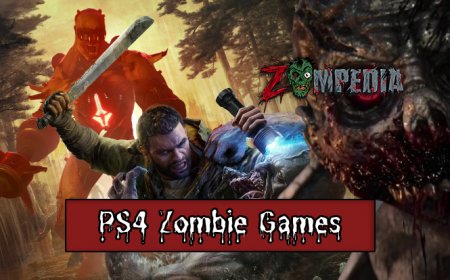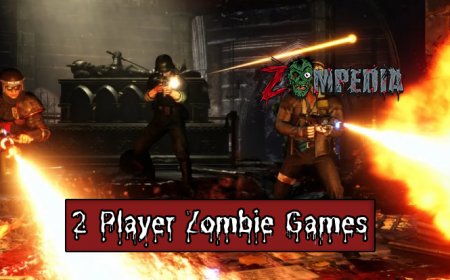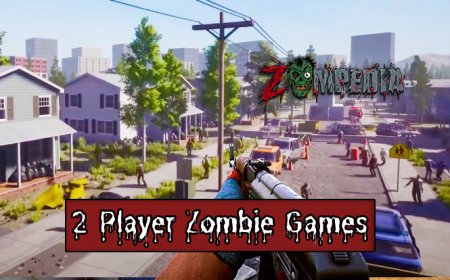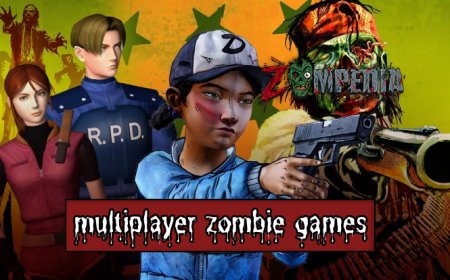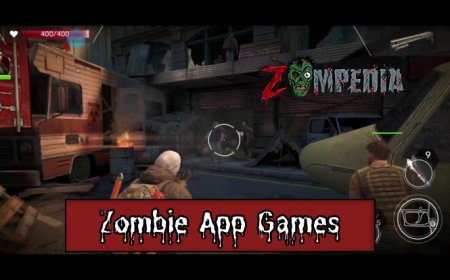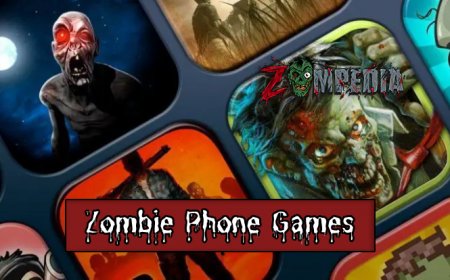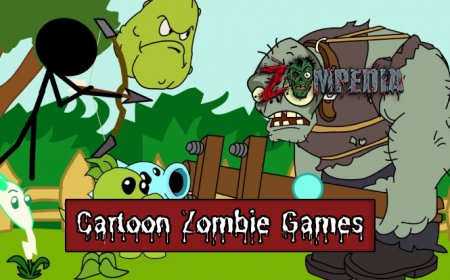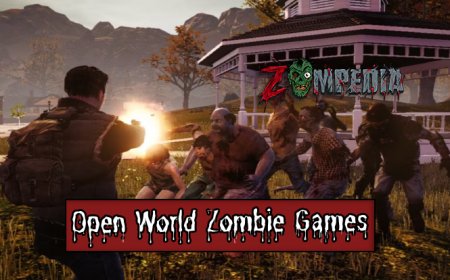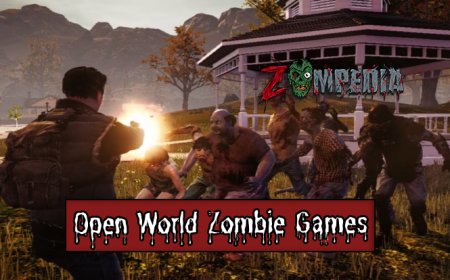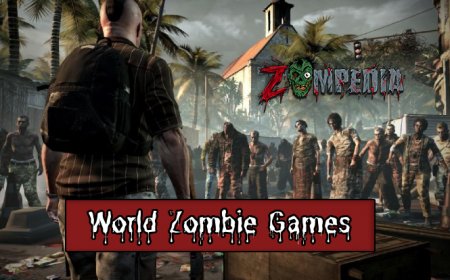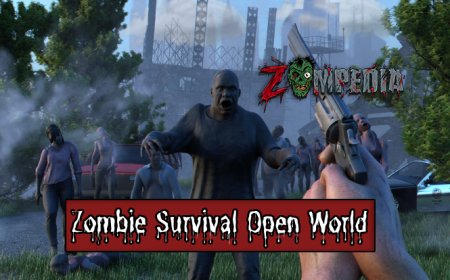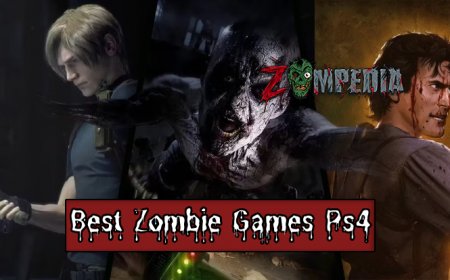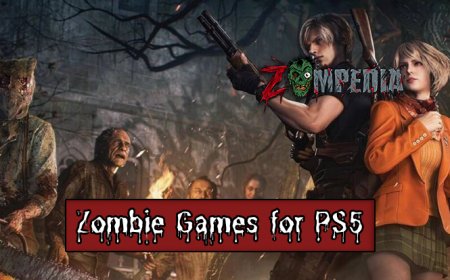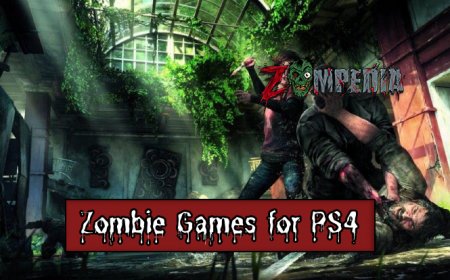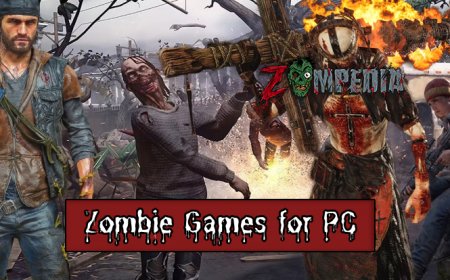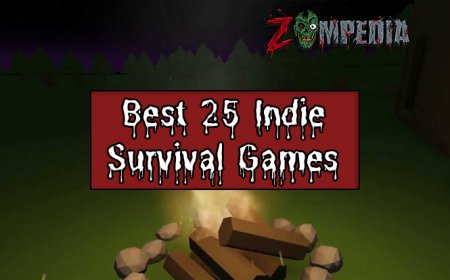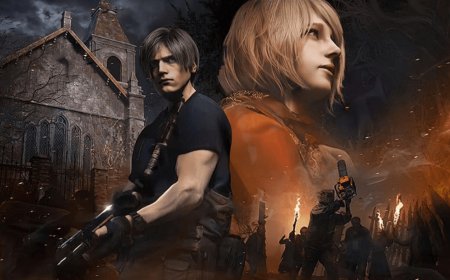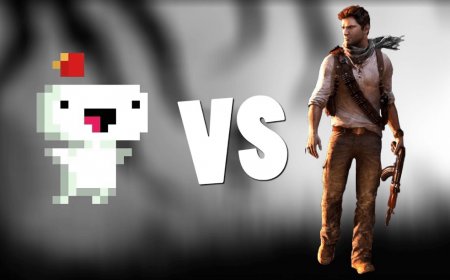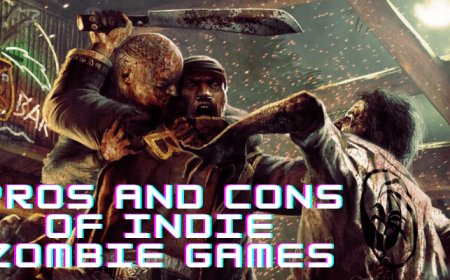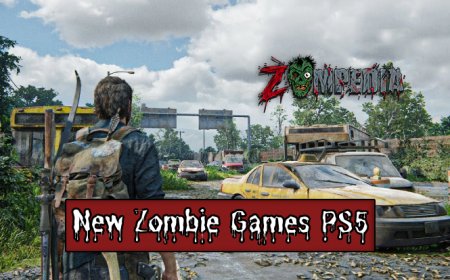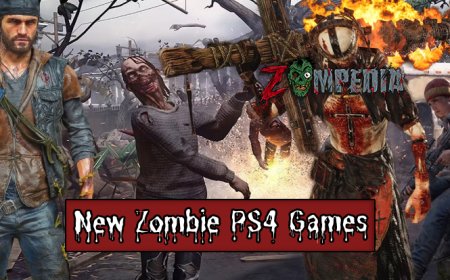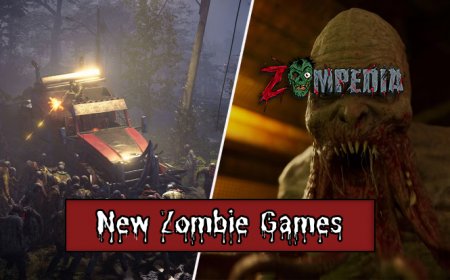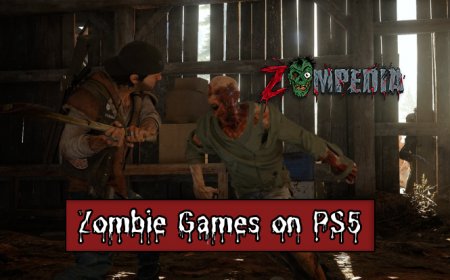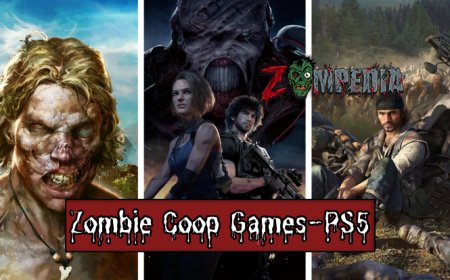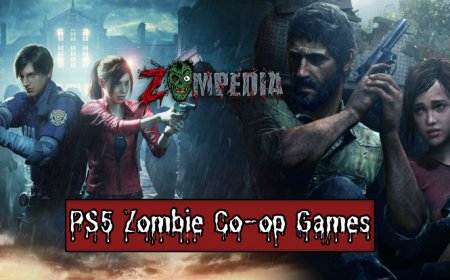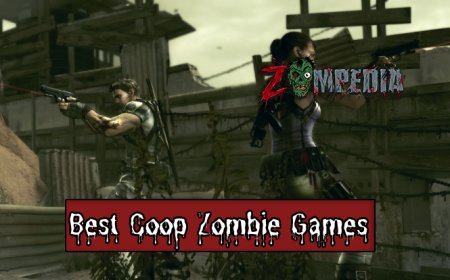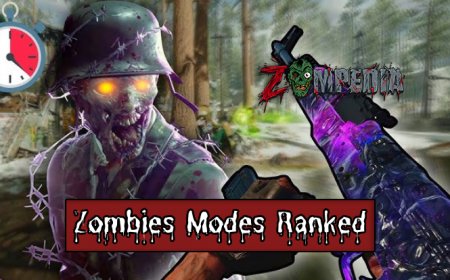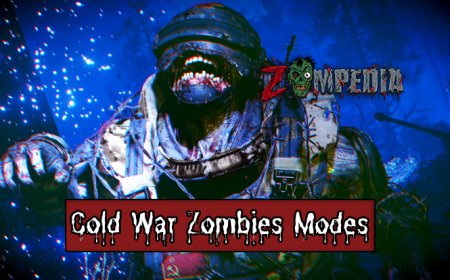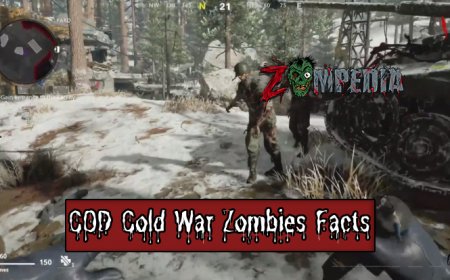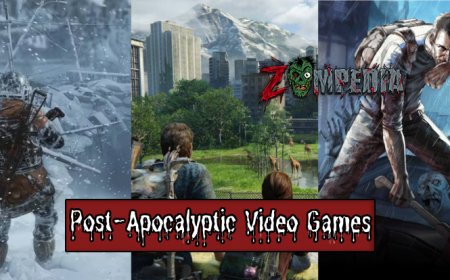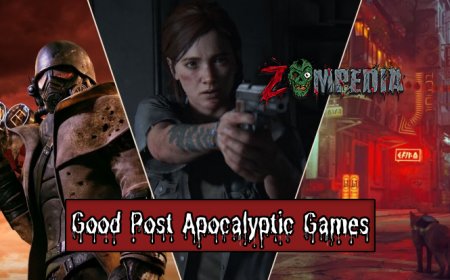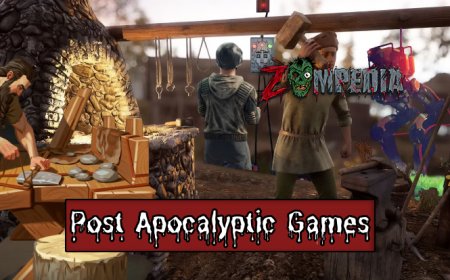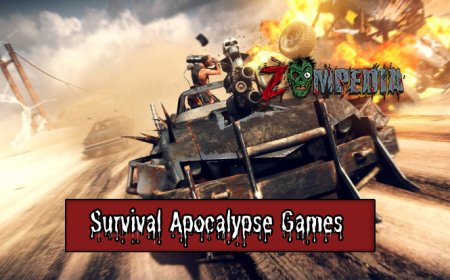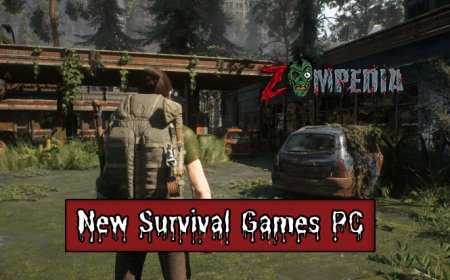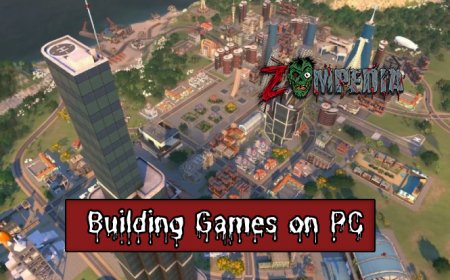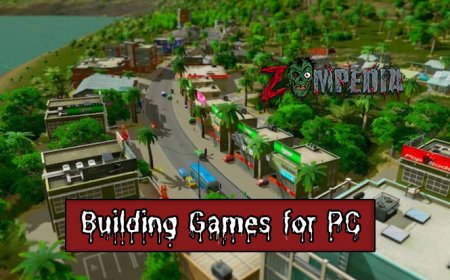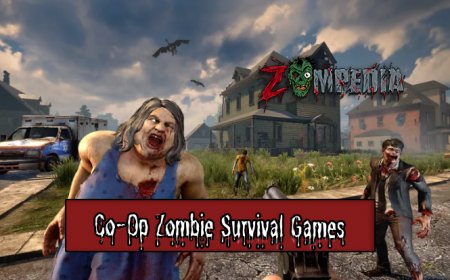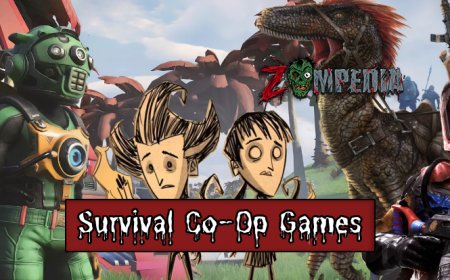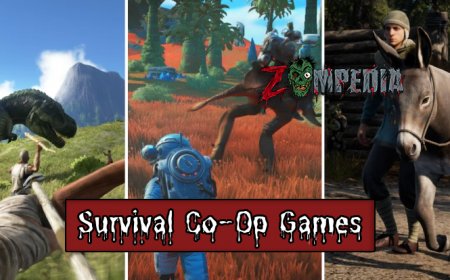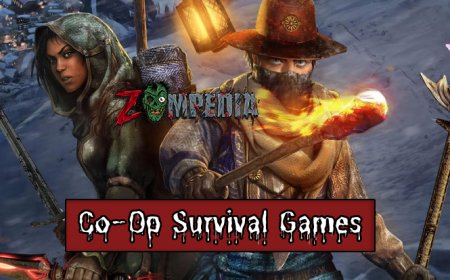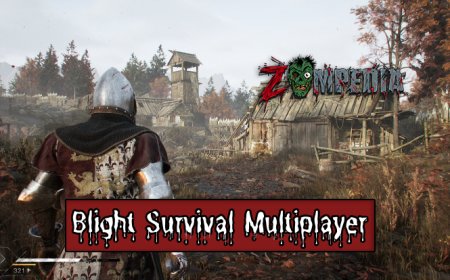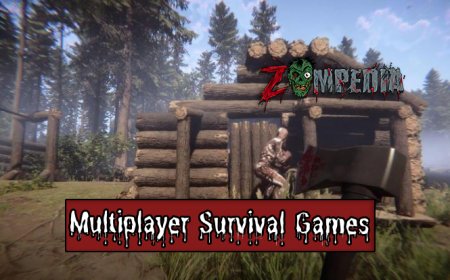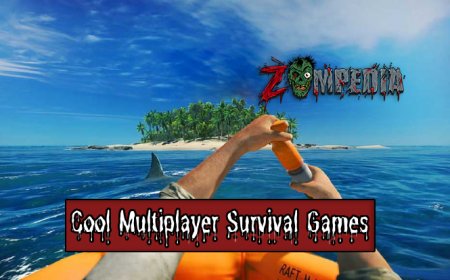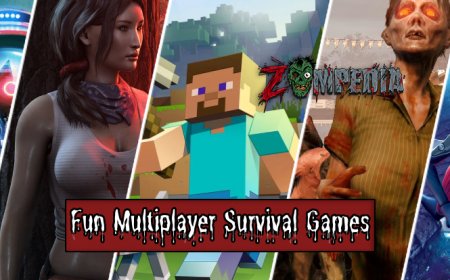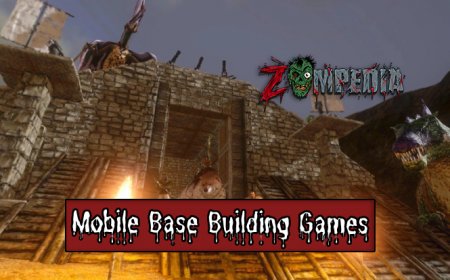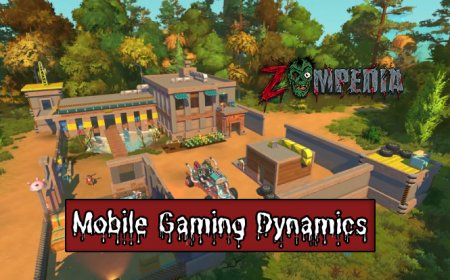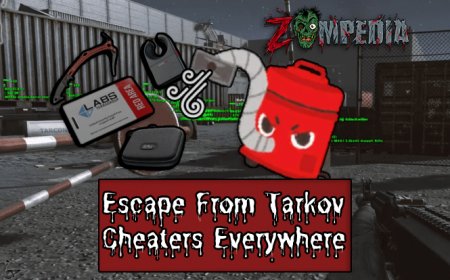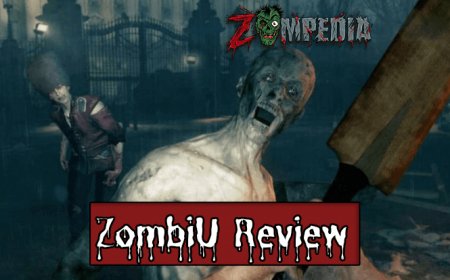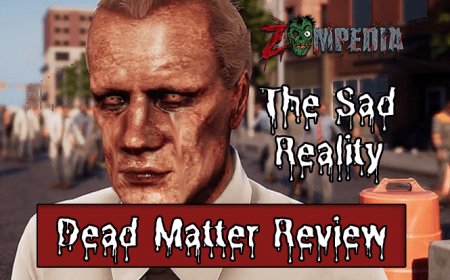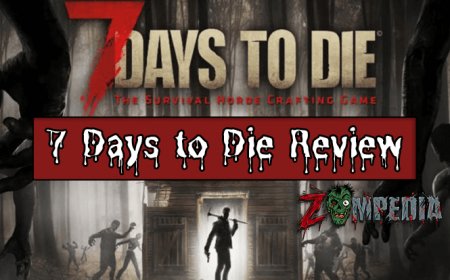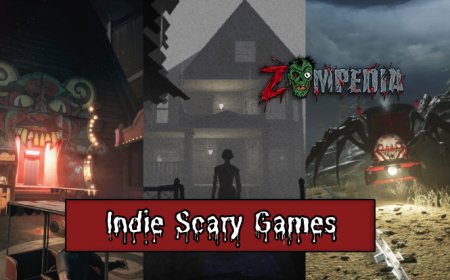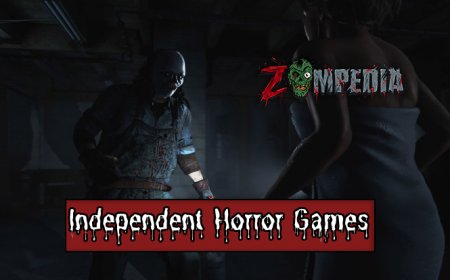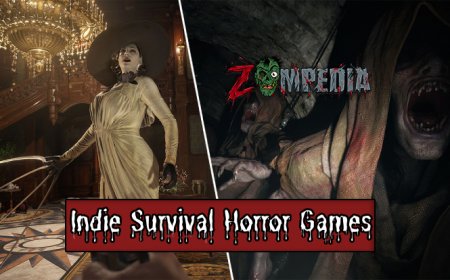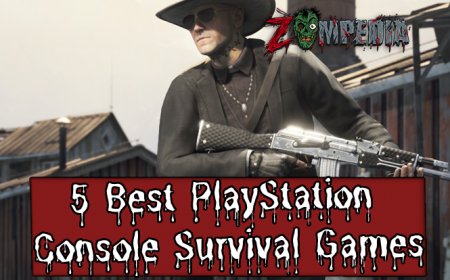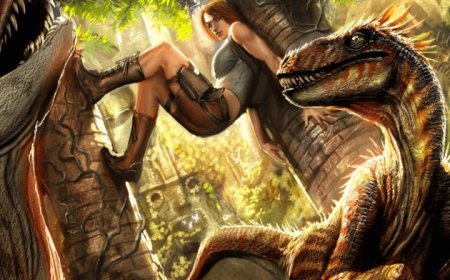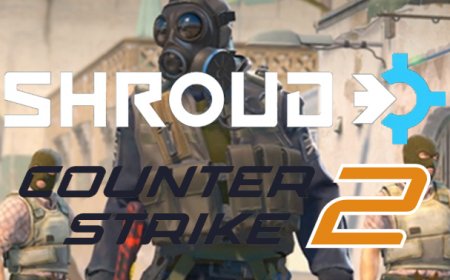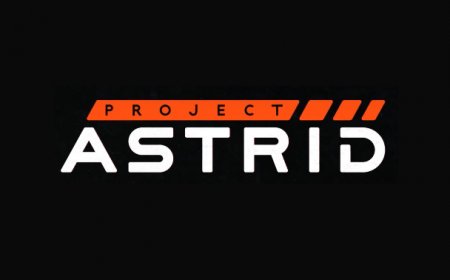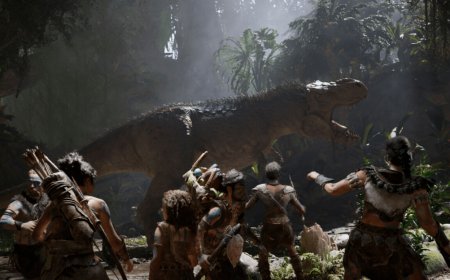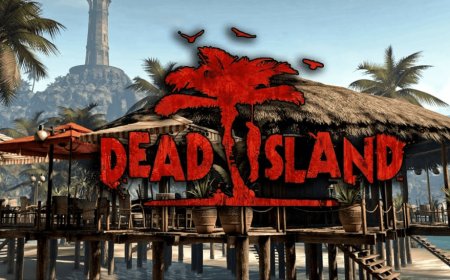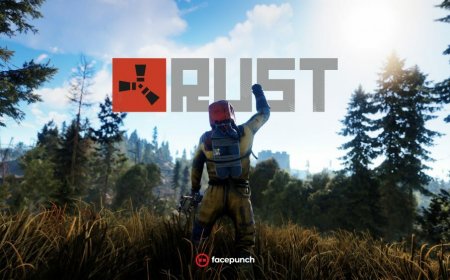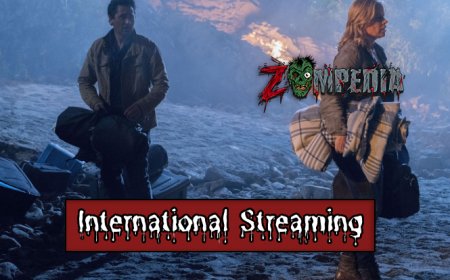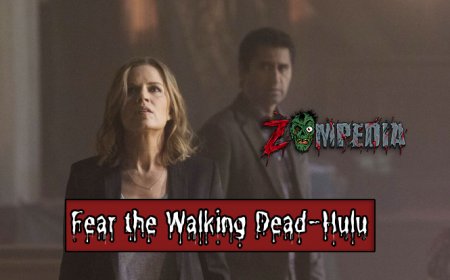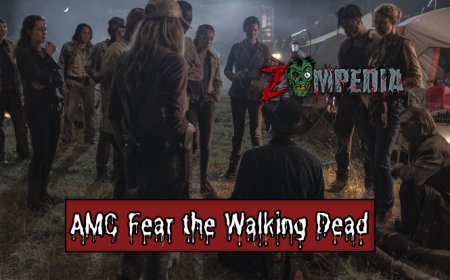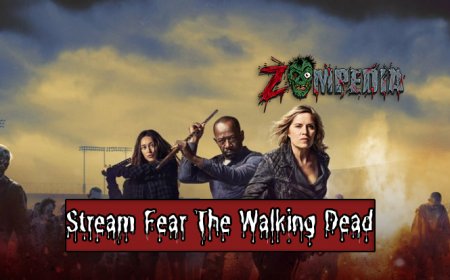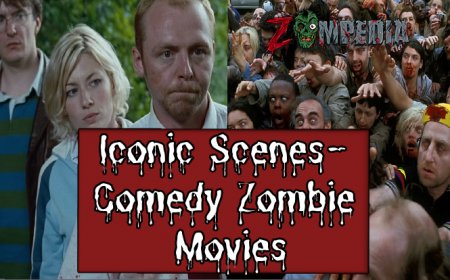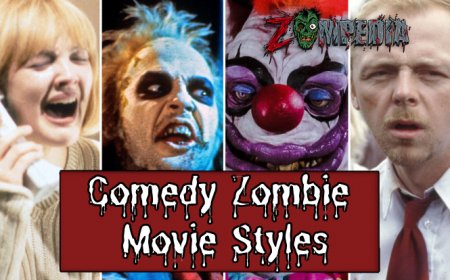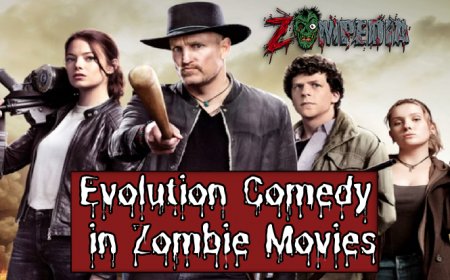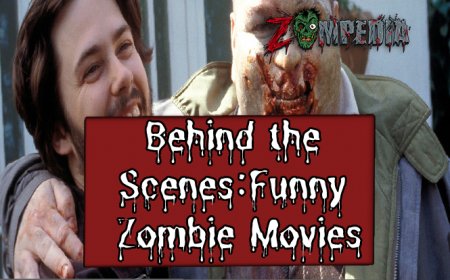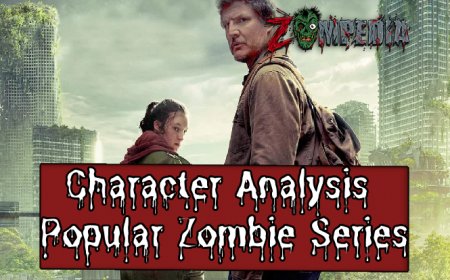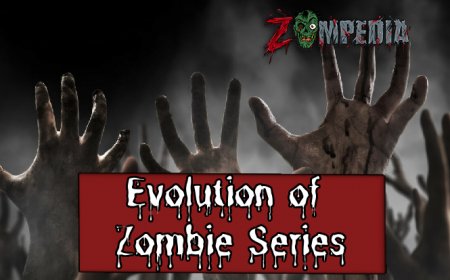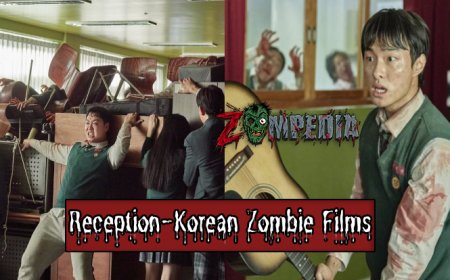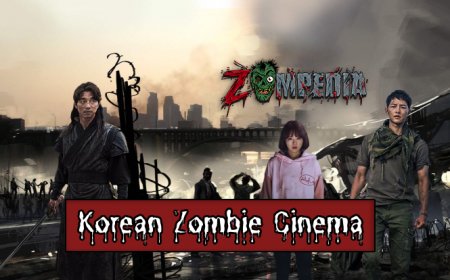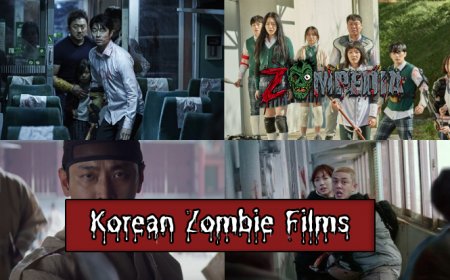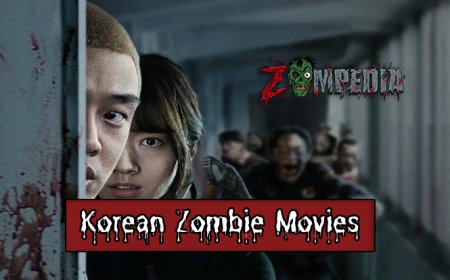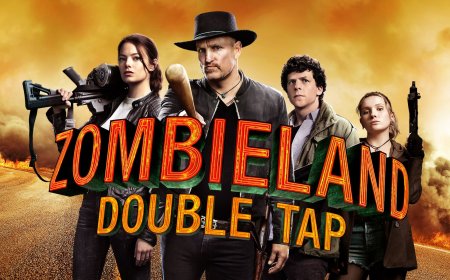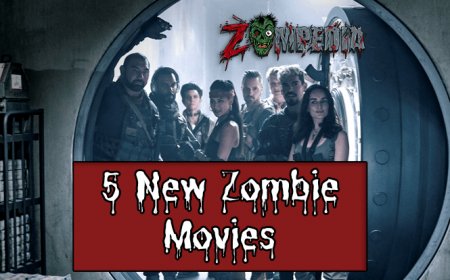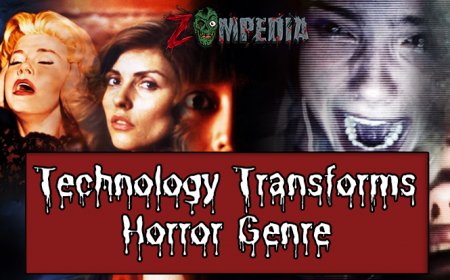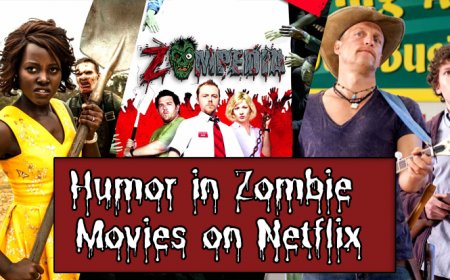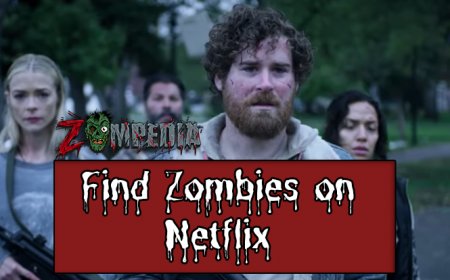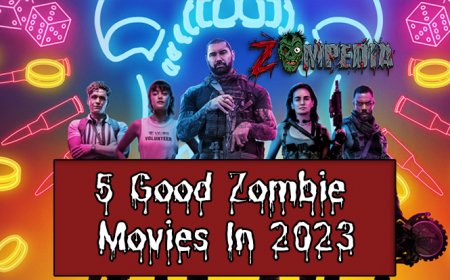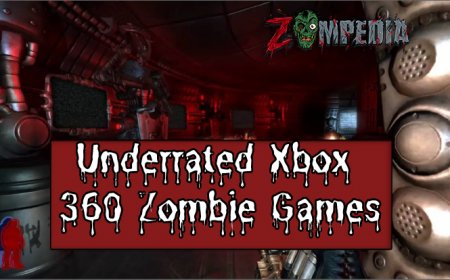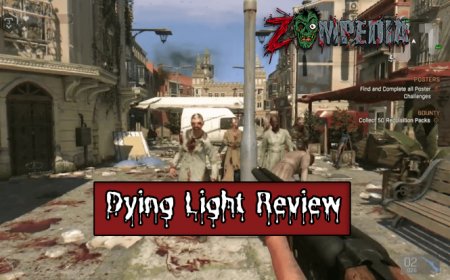World War Z: Comparing the Book and Movie Versions
Discover the major differences between World War Z book and movie adaptations. Dive into plotlines, characters, and the impact each version had on the zombie genre.
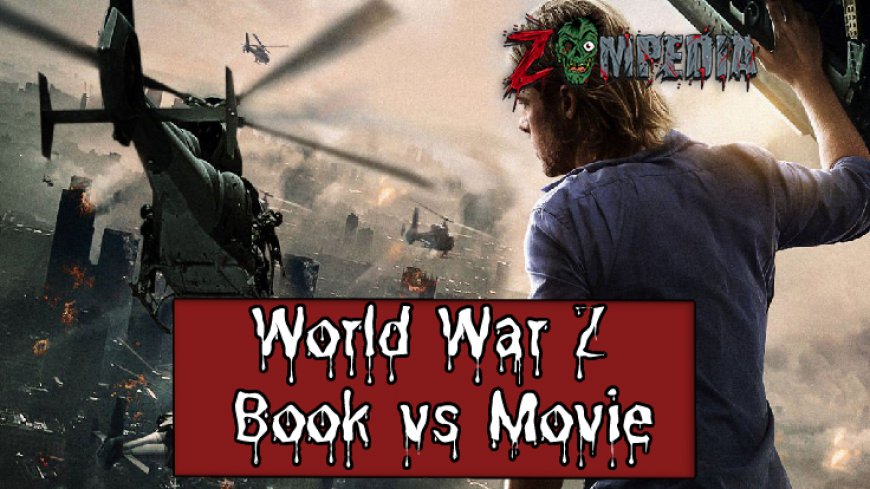
In recent years, the zombie genre has gained massive popularity, with several books, movies, and video games being released to satiate the appetite of zombie enthusiasts worldwide. Among these, World War Z has had a significant impact on the genre, with both its book and movie adaptations earning a dedicated fanbase. This article aims to provide a comprehensive comparison between the World War Z book – authored by Max Brooks – and its film adaptation, directed by Marc Forster.
Table of Contents
- Plot Overview
- Major Differences
- Impact on the Zombie Genre
- Which is the Better Zombie Experience?
- Conclusion
Plot Overview

Book
The World War Z book is a collection of individual interviews conducted by the narrator, who remains unnamed throughout the story. The interviews entail a wide range of perspectives from various survivors of the eponymous "World War Z," or the Zombie War. The novel's structure presents a faux-documentary style, where each interview is interconnected to form a comprehensive picture of the global event. This storytelling technique allows Max Brooks to delve deeply into exploring the sociopolitical, economic, and cultural implications that a full-scale zombie apocalypse would bear.
Movie
In contrast, the World War Z movie follows a single protagonist, Gerry Lane (portrayed by Brad Pitt), a former United Nations investigator. The movie centers around Gerry's mission to locate the source of the zombie outbreak and find a potential cure. Unlike the book's mosaic narrative, the film takes a more linear, action-packed approach. It focuses on Gerry's journey across different continents, encountering various obstacles, dealing with extreme situations, and uncovering clues about the mysterious pandemic.
Major Differences

Narrative Structure
The most glaring difference between the World War Z book and the movie lies in their narrative structures. The book adopts an innovative storytelling form, weaving together individual interviews to provide a comprehensive, global view of the Zombie War. This enables the reader to grasp the far-reaching sociopolitical and cultural consequences of the apocalypse.
On the other hand, the movie opts for a traditional, linear plot, following a single protagonist as he navigates a war-torn world in search of answers. The film's storyline emphasizes action and suspense, resulting in a more fast-paced, edge-of-the-seat experience for the audience.
Characters
- Protagonists: The book features an unnamed narrator who interviews survivors, while the movie centers on Gerry Lane, a character who doesn't exist in the book.
- Interviewees: In the novel, there are numerous unique interviewees, each contributing a different perspective on the Zombie War. The movie mainly focuses on Gerry's interactions with a few key characters who aid in his quest.
- Zombies: The characteristics and behavior of the zombies differ between the two adaptations. In the book, zombies are traditional, slow-moving undead creatures, while the movie ones are incredibly fast and aggressive.
Events and Situations
Given the different narrative styles, the events and situations presented in the book and movie vary significantly. Some key differences include:
- The book delves deeper into the origins of the zombie outbreak, citing its beginnings in rural China, whereas the movie portrays the outbreak as sudden and unexplained.
- World War Z film mainly showcases the United States, South Korea, Israel, and Wales. In contrast, the book explores a broader scope of geographical locations, reflecting its global theme.
- Several iconic events and set pieces from the book, such as the Battle of Yonkers and the Redeker Plan, are omitted or altered in the movie adaptation.
Impact on the Zombie Genre
Book
The World War Z book, released in 2006, contributed significantly to the resurgence of the zombie genre. It provided a fresh take on the concept, with its unique documentary-style storytelling and focus on the global ramifications of a zombie apocalypse. The novel received numerous accolades, including being a New York Times Best Seller. Its thought-provoking exploration of humanity's reaction to a catastrophic event also inspired other creators to experiment with different styles within the zombie genre.
Movie
Despite its differences from the source material, the World War Z movie gained commercial success upon its release in 2013. The film showcased innovative fast-moving, wall-climbing zombies, which added a novel twist to the traditional, slow-moving undead stereotype. Additionally, the movie's high-stakes, globe-trotting narrative attracted a broad audience, bringing new fans to the genre. While the film was criticized for straying from the book, its action-packed approach made it a staple of the modern zombie genre.
Which is the Better Zombie Experience?
Both the World War Z book and movie offer distinctive experiences within the zombie genre. It ultimately comes down to personal preference in determining which adaptation provides a better experience. Let's look at the pros and cons of each version:
Book
- Pros
- Innovative storytelling through its faux-documentary style
- Explores various sociopolitical, economic, and cultural implications of a zombie apocalypse
- Offers diverse perspectives through its wide range of characters
- Emphasizes the human aspect of the story, focusing on the survivors' experiences and emotions
- Cons
- Lacks the action and fast pace some zombie enthusiasts crave
- Some readers may find the documentary-style interviews less engaging
Movie
- Pros
- Provides thrilling, high-stakes action sequences
- Introduces a new breed of fast-moving, wall-scaling zombies
- Emphasizes suspense, keeping viewers on the edge of their seats
- Features a strong lead actor (Brad Pitt) as the protagonist
- Cons
- Deviation from the book's source material can be disappointing for fans of the novel
- Lacks the deep exploration of social, political, and economic issues of the world during an apocalypse
Conclusion
In conclusion, both the World War Z book and movie offer different but valuable experiences within the realm of the zombie genre. If you're seeking a deeper exploration of the far-reaching consequences of a zombie apocalypse and appreciate innovative storytelling, the World War Z book is definitely worth a read. On the other hand, if you're looking for an action-packed, suspenseful movie with thrilling scenes and stunning visuals, the movie adaptation might be more your cup of tea.
Regardless of personal preference, it's undeniable that both versions have enriched the zombie genre and will continue to inspire creators and fans alike. As a zombie enthusiast, exploring both the book and movie adaptations can provide valuable insights into the immense range of storytelling possibilities within the genre.
What's Your Reaction?







